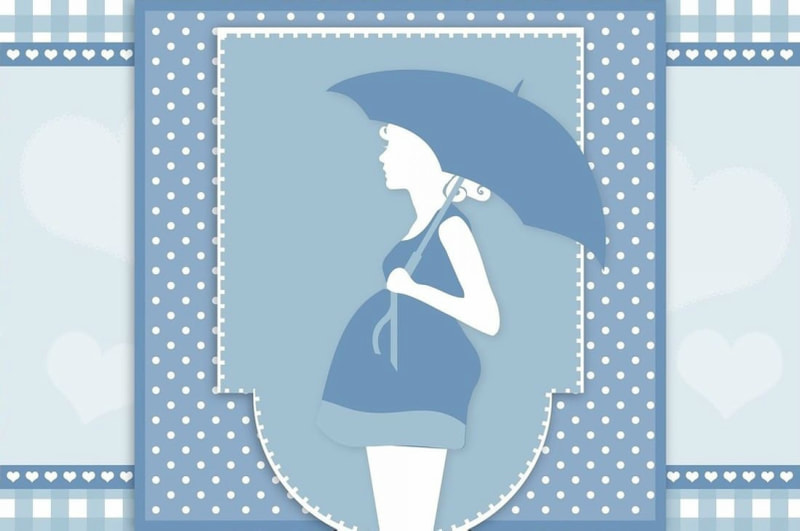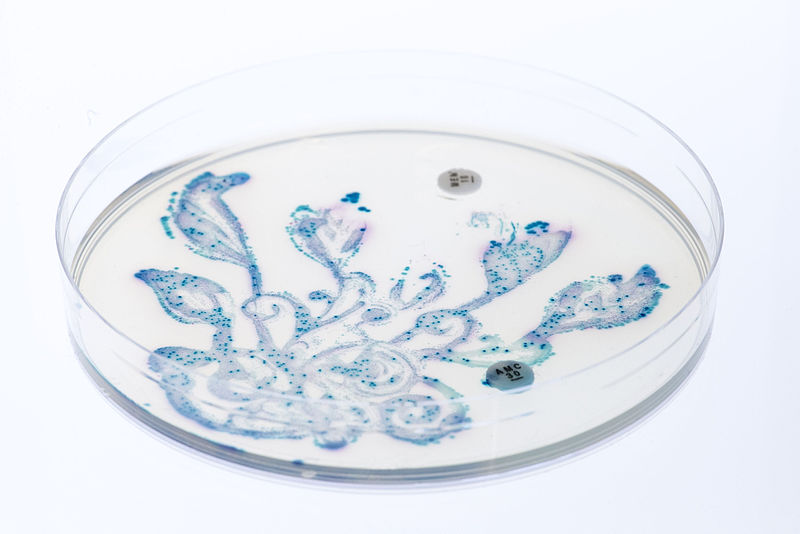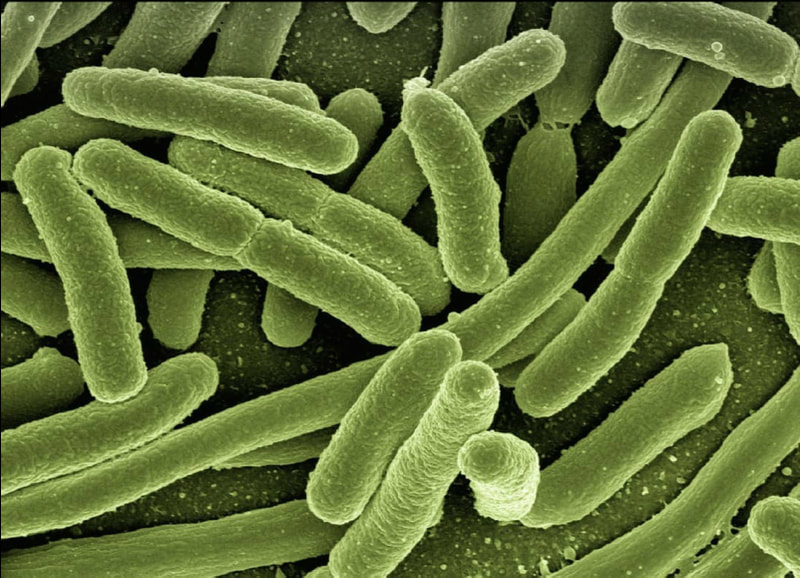The Power of Gratitude in Coping with Negative Emotions
Gratitude may be defined as an expressed state or emotion of thankfulness for the provisions that help us to succeed in life, such as kind acts toward us, basic sustenance, and the experience of connecting with others. Past research has shown that individuals who regularly reflect on grateful feelings may be able to cultivate increased levels of happiness and well-being, as well as to engage more profoundly with the environment and those around them. Through a deepening appreciation for others, one can potentially enhance the quality of his or her interpersonal relationships, because gratitude has been shown to strengthen social bonds by providing roots for improving communication and relational stability. Routine exercises in which one actively searches within for gratitude are linked to a reduction in daily stress and loneliness, and may encourage more optimism about the future and towards attaining goals. Practicing gratitude can also improve one’s ability to accept and appreciate the here-and-now, such that through feeling thankful, individuals may learn to treasure each present moment as it passes.
By routinely expressing gratitude, people may be able to notice more positives and underlying beauty, as well as experience an awe for life that persists even when the current circumstances appear grim. In the midst of challenging obstacles, these accumulated feelings of thankfulness can equip individuals with greater resilience in coping with negative emotions. Gratitude as a coping method and a strategy to nurture support systems may become crucial in navigating times of emotional turmoil. Research has identified that cancer patients, who certainly experience a multitude of debilitating afflictions as a result of their condition, can use gratitude to help them cope with negative emotions. According to the National Cancer Institute, a majority of breast cancer survivors suffer from PTSD-like symptoms, and close to one fourth of this population experiences symptoms of depression. These symptoms transpire often as a result of negative thoughts that are commonly associated with life-threatening illnesses. However, the act of challenging these thoughts with more positive ones that naturally manifest through grateful thinking, has been found to be impactful during the healing process by potentially increasing patients’ resilience in moments of psychological distress.
By routinely expressing gratitude, people may be able to notice more positives and underlying beauty, as well as experience an awe for life that persists even when the current circumstances appear grim. In the midst of challenging obstacles, these accumulated feelings of thankfulness can equip individuals with greater resilience in coping with negative emotions. Gratitude as a coping method and a strategy to nurture support systems may become crucial in navigating times of emotional turmoil. Research has identified that cancer patients, who certainly experience a multitude of debilitating afflictions as a result of their condition, can use gratitude to help them cope with negative emotions. According to the National Cancer Institute, a majority of breast cancer survivors suffer from PTSD-like symptoms, and close to one fourth of this population experiences symptoms of depression. These symptoms transpire often as a result of negative thoughts that are commonly associated with life-threatening illnesses. However, the act of challenging these thoughts with more positive ones that naturally manifest through grateful thinking, has been found to be impactful during the healing process by potentially increasing patients’ resilience in moments of psychological distress.
Image Source: picjumbo_com
Gratitude interventions, which encourage individuals to raise awareness of things for which to be thankful, have been used in scientific studies to measure the effectiveness of gratitude. One study that used gratitude interventions suggested that not only does gratitude promote well-being, but it also does so more effectively than other types of daily appraisals. Researchers from the College of William and Mary, Williamsburg sought to determine whether a gratitude intervention consisting of daily gratitude journaling would improve the psychological well-being of women diagnosed with breast cancer. Participating in their study were 42 women with breast cancer who recorded their daily levels of psychological well-being, support system, and coping methods for two weeks. A select group among those participating women also reflected on the reasons for which they felt grateful each day. While the results cannot necessarily be generalized to the general public, in this particular study, they showed that the group of women who listed reasons to feel grateful experienced an increase in emotional functioning, perception of support, and use of coping methods. This suggests the possibility of gratitude being associated with improved coping strategies for negative emotions.
The act of expressing gratitude is a strategy to practice more positivity, resulting in an improved day-to-day functioning. Although the act of feeling grateful in the midst of negative emotions can be a difficult endeavor, it is one that embodies simplicity and can be accessed with some pause and reflection. Thus, encouraging thoughts of appreciation may serve as an inexpensive, self-sufficient therapy to expand on emotional resources and experience enhanced well-being. Research has shown empirical evidence for the benefits of gratitude, but cultivating gratitude is a continuous process that requires internal motivation and external support. Therefore, it is imperative to integrate gratitude interventions into routine physical and psychological treatment plans.
The act of expressing gratitude is a strategy to practice more positivity, resulting in an improved day-to-day functioning. Although the act of feeling grateful in the midst of negative emotions can be a difficult endeavor, it is one that embodies simplicity and can be accessed with some pause and reflection. Thus, encouraging thoughts of appreciation may serve as an inexpensive, self-sufficient therapy to expand on emotional resources and experience enhanced well-being. Research has shown empirical evidence for the benefits of gratitude, but cultivating gratitude is a continuous process that requires internal motivation and external support. Therefore, it is imperative to integrate gratitude interventions into routine physical and psychological treatment plans.
Featured Image Source: qimono
RELATED ARTICLES
|
Vertical Divider
|
Vertical Divider
|
Vertical Divider
|






